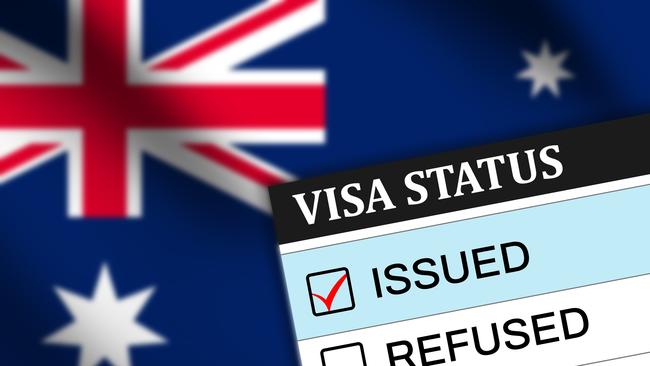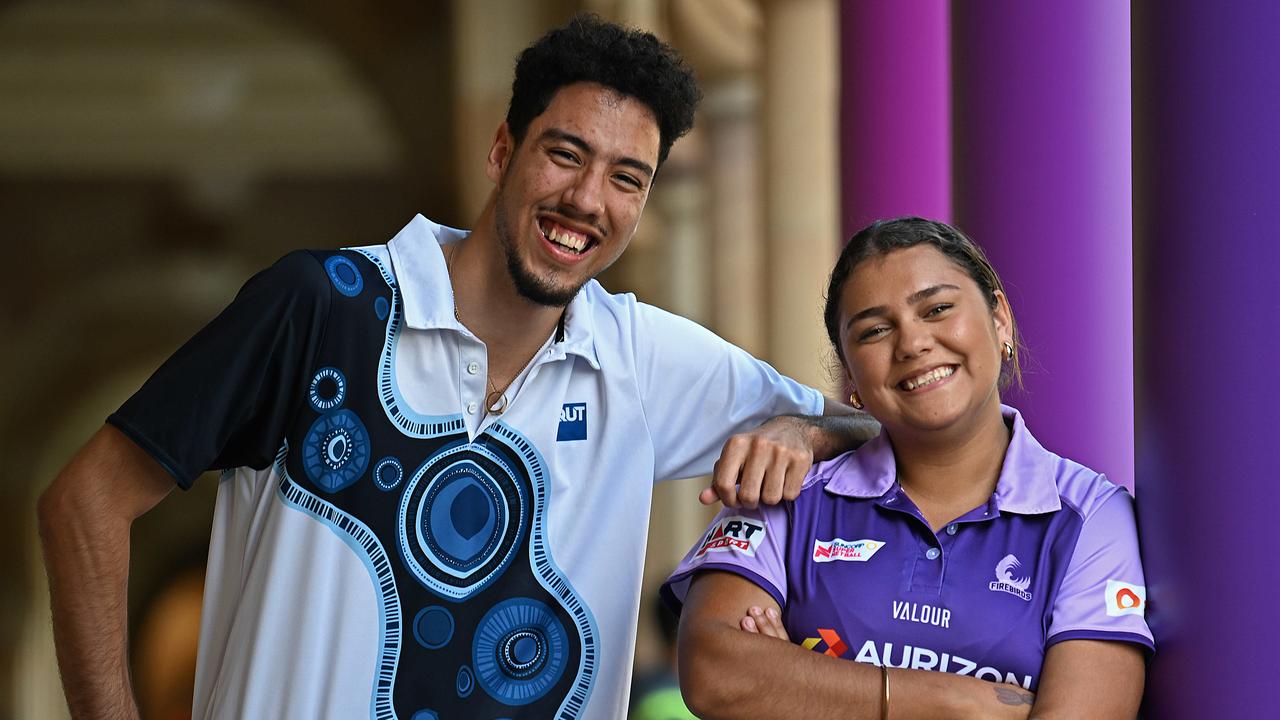International students deserve more bang for their extra bucks

The federal government’s doubling of application fees for international students may smack of a blatant rip off, but it also provides a rare chance to make the whole visa processing system more transparent and efficient.
Lifting the fee by 125 per cent from $710 to $1600 gives Australia an unenviable reputation as the most expensive place in the world for international student application fees. Canada is a relative bargain at $CA150 ($A164), while New Zealand’s fee is $NZ375 ($A343), the UK charges 490 pounds ($A930) and United States $US510 ($A765).
The fee hike has rightly generated a torrent of criticism from the International Education Association of Australia, Universities Australia, and International Education Association amid fears there’ll be a steep drop in applications from prospective students.
But surely those who still apply despite the increase are entitled to expect more bang for their buck?
For example, if my local cafe increases the cost of my daily coffee by 125 per cent, I’ll be OK with that if they throw in a croissant as well. If not, I’ll go elsewhere. It’s a no-brainer.
With all the extra revenue the federal government will generate from the higher visa application fee, there is no excuse not to use the money to make the visa processing system more efficient.
The government has repeatedly cried foul that it doesn’t have the resources to improve the system.
But now there is no excuse.
Prospective international students paying the highest application fees in the world should expect a superior service in exchange.
There are two crucial changes the government could make to ensure this happens.
The first is straightforward: use the extra revenue from higher application fees to employ more public servants to process visa applications. This would ensure a faster turnaround and provide more certainty for applicants and agents. Ideally, visa applications should be processed in less than four weeks.
The second change would involve making all visa criteria transparent so students have a better indication of whether their application will succeed before they hand over $1600.
Currently, only some of the criteria students must meet are measurable. This includes their English language skills and ability to financially support themselves while in Australia. However, the process to determine whether an applicant is a “genuine” student is opaque.
Many prospective students have their visa applications rejected because they are deemed not to be “genuine” students.
However, given there is no specific criteria outlining what constitutes a “genuine” student it is difficult (if not impossible) for the applicant to know whether they will meet the requirements.
This could be made fairer and more transparent by clearly specifying criteria an applicant needs to meet in order to be deemed a “genuine” student.
Making these changes would attract more quality international students into Australia’s education system. It would help students determine whether to proceed, giving them confidence that they can satisfy all the criteria and not be at risk of losing their $1600.
Australia has spent years establishing its reputation as a world leader in international education.
But this increase in visa application fees – on top of the reduction in international student numbers as part of the government’s new migration strategy and tighter rules around temporary graduate visas – is putting that reputation severely at risk.
If Australia insists on making itself the most expensive country in the world for international student visas, it must provide better value for money.
Failing to make these changes would be a missed opportunity that heightens the risk of talented students looking for enrolment opportunities in other countries.
Naresh Gulati is CEO of Ascent One.


